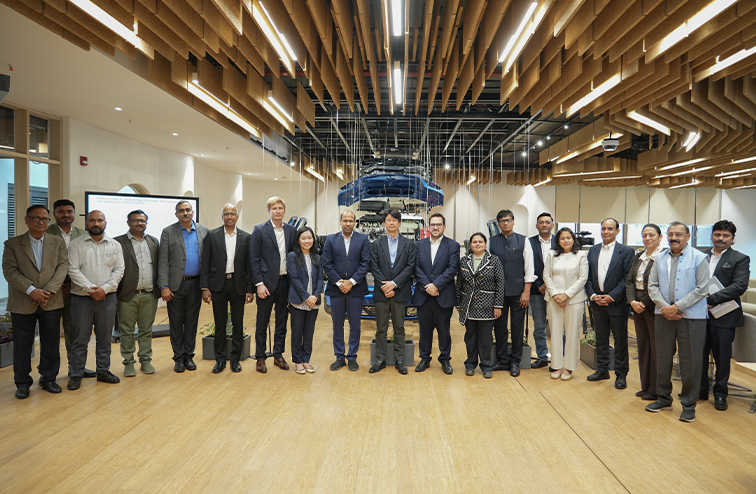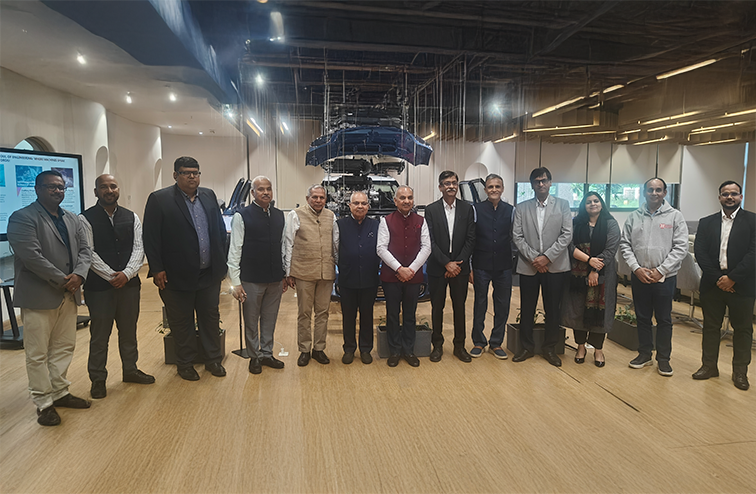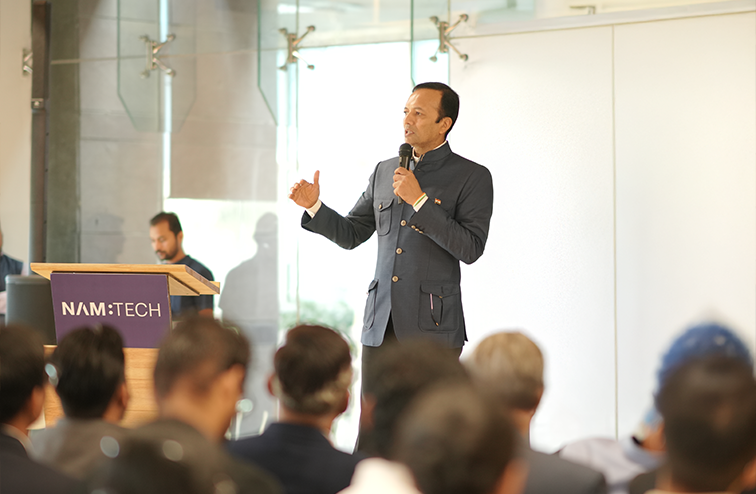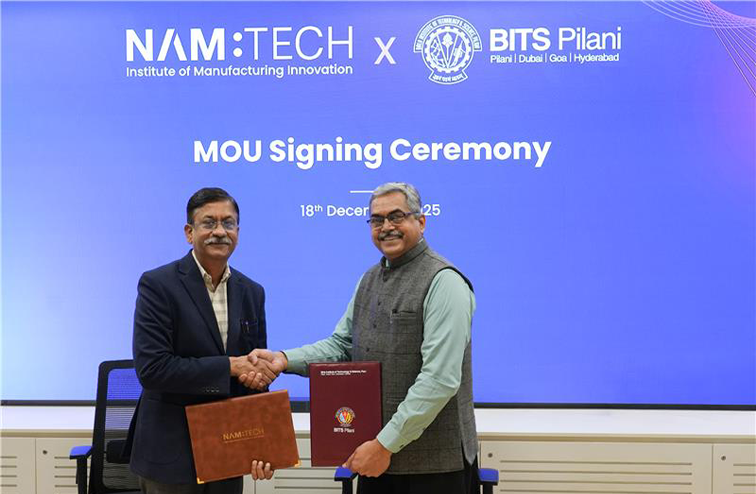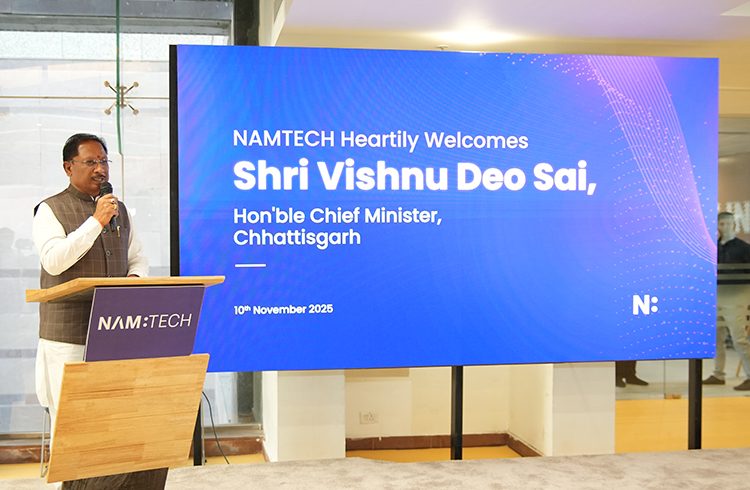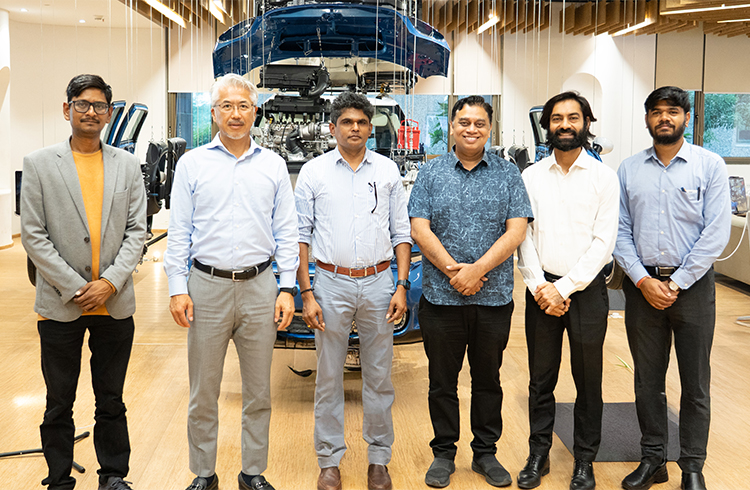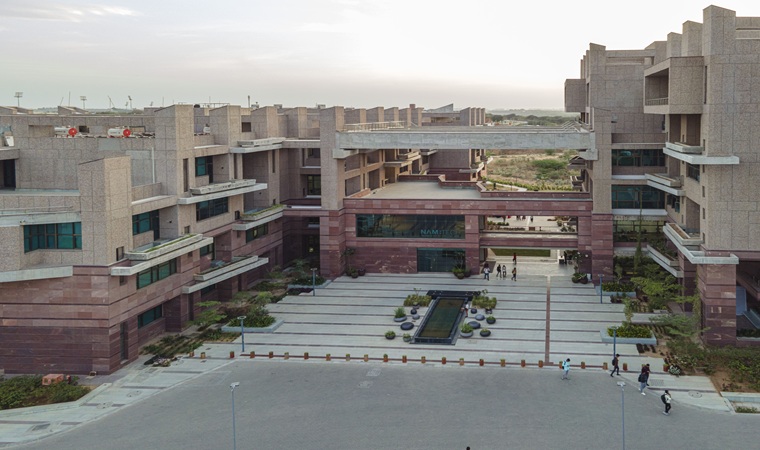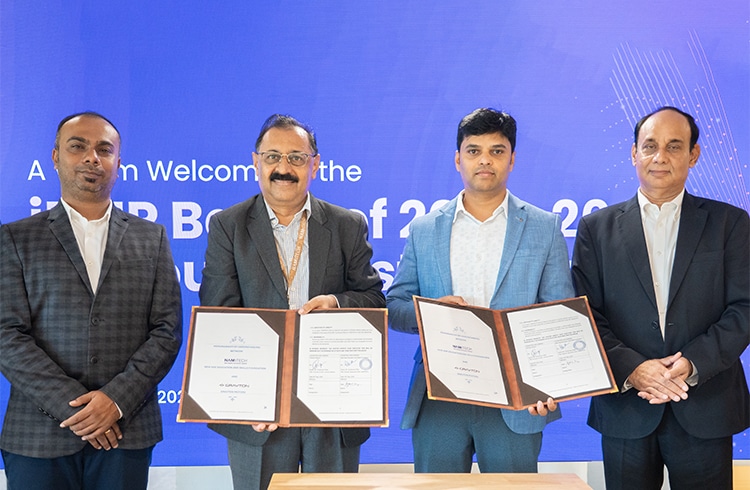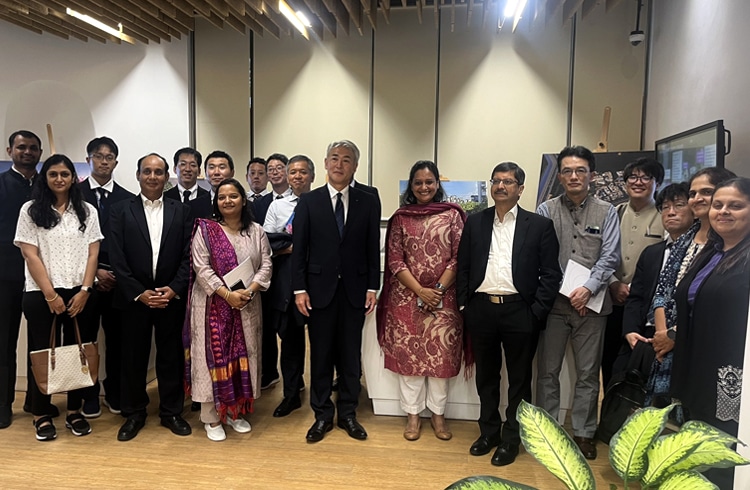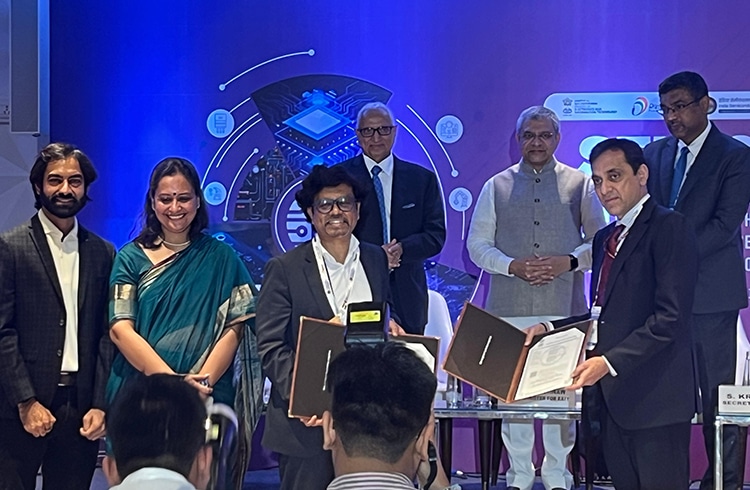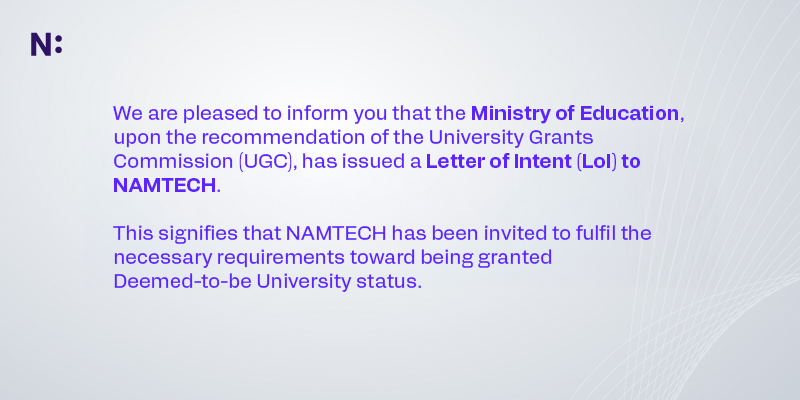Dear Engineer, This One’s for You.
If you’re in your final year of engineering or just about to graduate, you’re probably wondering what lies ahead. And with good reason. The market is shifting. Placements feel unpredictable. Some sectors seem saturated. But here’s the thing—a whole new world of opportunity is opening up, and it’s not where most people are looking.
It’s in semiconductors.
Yes, those tiny chips inside your phone, your laptop, your car—even your smartwatch. They’re everywhere. And now, for the first time, India is gearing up to manufacture them at scale. This isn’t just an industry push—it’s a once-in-a-generation opportunity. And if you’re an engineer, this might be the most important thing you read today.
Why Are Semiconductors Suddenly a Big Deal in India?
Simple answer: Because we need them—and the world does too.
For years, India depended heavily on imports for everything from consumer electronics to defense systems. But supply chain disruptions and rising global demand have made one thing clear: we need to build our own chips.
And now, it’s actually happening.
Just look at the headlines:
- Noida, Uttar Pradesh: The government just cleared a ₹3,700 crore semiconductor plant by HCL and Foxconn. It’ll produce millions of display driver chips every month and create 2,000+ direct jobs.
Source: Times of India - Assam: Yes, Assam. Tata Electronics is investing ₹27,000 crore to set up an advanced assembly and testing unit. Over 25,000 jobs are expected.
Source: Wikipedia - Gujarat: American giant Micron is building a $2.75 billion chip assembly plant in Sanand. This is one of the largest foreign investments in Indian tech ever.
Source: Money control
But What Does This Mean for You, the Engineer?
It means you’re standing at the edge of a massive transformation—and there’s space for you to lead.
Semiconductor manufacturing isn’t a one-skill job. It needs thinkers and doers from across domains:
- Electronics graduates who can design and test circuits.
- Mechanical engineers who can work on precision tools and thermal systems.
- Computer science grads who can handle chip design software and automation systems.
- Materials and chemical engineers who understand clean room processes and wafer chemistry.
There’s no one-size-fits-all. What matters is your ability to apply what you know to something that’s complex, fast-changing, and high-stakes.
Real Roles. Real Impact.
Here’s a quick snapshot of what engineers are doing in this field:
- Process Engineers – Fine-tune fabrication steps to improve yield.
- Packaging Engineers – Design protective enclosures that keep chips safe and efficient.
- Test Engineers – Make sure every chip meets performance and safety standards.
- EDA and Design Engineers – Use software to create logic flows and layouts.
- Equipment Specialists – Maintain machines that operate at billionths of a meter.
These aren’t back-office roles. These are front line positions in building India’s tech backbone.
Here’s the Catch: Are You Ready?
Most engineering colleges in India don’t prepare you for this. Let’s be honest—how many of us have actually worked in a clean room or even seen a wafer fab machine up close?
And that’s okay. Because readiness isn’t about where you come from—it’s about what you’re willing to learn.
A Pathway That Works: The iPMP at NAMTECH
At NAMTECH, we recognized early that the next wave of jobs wouldn’t come from traditional tech or IT services. It would come from places like semiconductors, smart factories, and sustainable systems.
So we built the International Professional Master’s Program (iPMP) in Semiconductor Manufacturing—a one-year, residential, hands-on program designed specifically for engineers like you.
What makes it different?
- You don’t just study chips. You work with them.
- You learn inside micro factories with real tools.
- You earn a Global Certification from TUM Asia.
- You get project-based training from faculty who’ve worked with MIT and top global firms.
- You might even be selected for a fully sponsored visit to Germany.
And the outcomes?
The iPMP Foundation Batch (2024–25) had 100% placement.
- Highest Package: ₹13.17 LPA
- Average Package: ₹8.49 LPA
- Recruited by: Micron, AM/NS India, CG Semicon, Exide Energy, Bharat Forge, Addverb, AM Green, and others.
Final Thought: You’re Not Late. You’re Just on Time.
There’s a reason the world is talking about semiconductors. And now, finally, India is not just watching—we’re building.
This industry needs engineers who are willing to learn fast, solve hard problems, and lead new innovations. Not tomorrow. Today.
So if you’re tired of waiting for “safe” jobs that don’t excite you, or placements that don’t feel meaningful—look at the chip industry. It’s not just a career. It’s a mission.
Learn more about the iPMP in Semiconductor Manufacturing at www.namtech.ac
It’s not about chasing trends. It’s about building the future.

10 June, 2025
